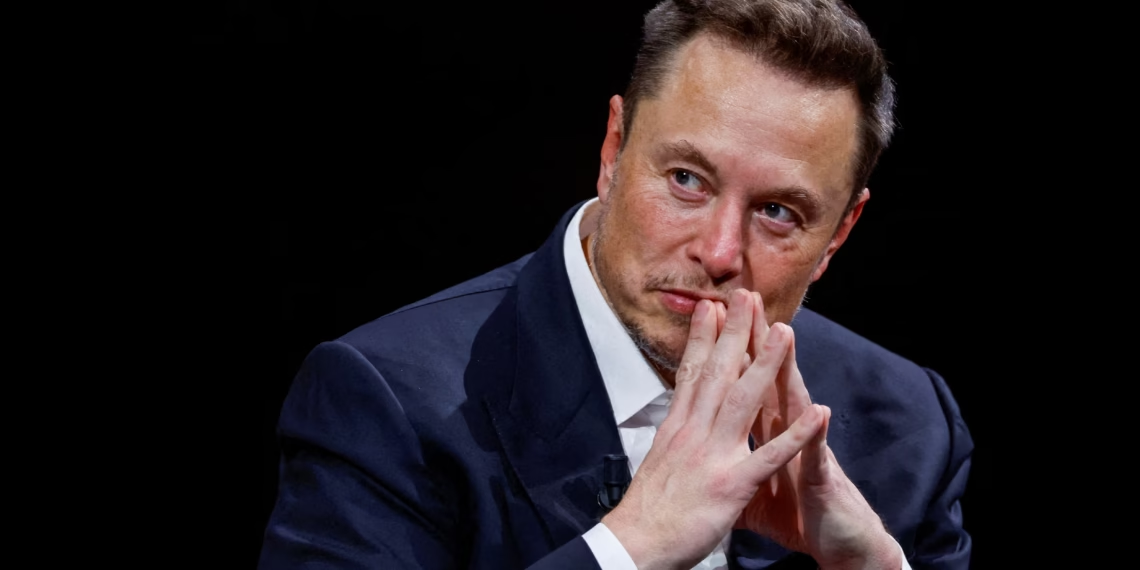Tesla shareholders are set to decide on Thursday whether to approve a record-breaking $1 trillion compensation package for CEO Elon Musk, a deal that could make him the most highly paid executive in corporate history if performance goals are met.
The proposal, tied to a series of ambitious milestones in Tesla’s market capitalization, profitability, and product expansion, has sharply divided investors. While supporters describe Musk as the visionary force behind Tesla’s dominance in electric vehicles, robotics, and artificial intelligence, critics call the plan excessive and risky for shareholders.
Tesla Chair Robin Denholm has defended the package, saying the company’s future depends heavily on Musk’s leadership and innovation. “Without Elon, Tesla could lose significant value, as our company may no longer be valued for what we aim to become a transformative force reimagining mobility, energy, and labor,” she said in a message to investors.
The deal would raise Musk’s ownership stake in Tesla from about 12 percent to over 25 percent if he meets all 12 performance milestones, including pushing Tesla’s market value past $2 trillion. Musk has argued that his motivation is not the payout but maintaining influence over the company’s future direction, particularly in developing its AI-powered “robot army.”
Read Also:
- Shocking Revelations: Elon Musk’s DOGE uncovers explosive scandal at USAID
- Investor panic as Elon Musk unveils “America Party,” Tesla shares drop by 7%
- Elon Musk changes name to Kekius Maximus
However, several influential investors have voiced opposition. Norway’s sovereign wealth fund, one of Tesla’s top ten shareholders, announced it would vote against the package, citing its “unprecedented size” and the risk of over-dependence on one individual. Similarly, Institutional Shareholder Services (ISS) and Glass Lewis, two major advisory firms, criticized the deal as overly generous and poorly structured.
Despite the criticism, some U.S. states and private investors continue to back Musk. Florida officials described the plan as “the gold standard for executive compensation,” crediting Musk for creating extraordinary shareholder value through his leadership at Tesla and SpaceX.
Outside Tesla’s gigafactory in Austin, protesters have been staging demonstrations under the slogan “No $1 Trillion for Elon Musk,” calling the proposal an example of corporate greed at a time of economic hardship.
Musk, who remains the world’s richest man with a net worth exceeding $500 billion, insists that Tesla’s growth potential is “nearly limitless.” He has repeatedly said that if the company achieves its goals in self-driving technology and AI, “Tesla will be the most valuable company in the world by far.”
The final decision will be announced at Tesla’s annual shareholder meeting in Austin, Texas, on Thursday. Analysts predict the outcome could shape not only Tesla’s leadership future but also global debates about corporate pay and accountability in the age of tech billionaires.






